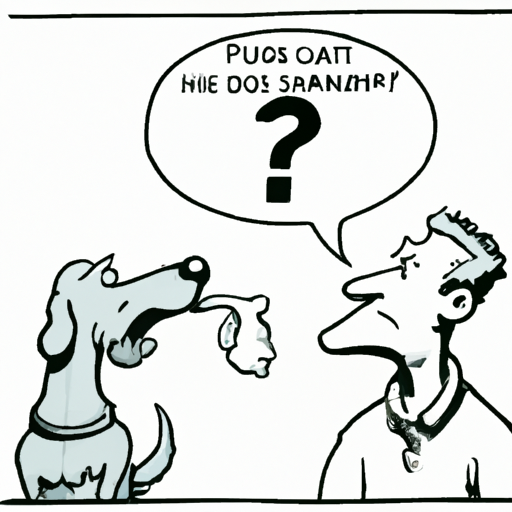Overview
You’ve just noticed that your furry friend has foam around their mouth, a sight that can be quite alarming. Before you let panic set in, let’s explore the potential reasons why this might be happening.
Possible Causes
There could be a number of reasons why your dog’s mouth is foaming, including:
- Exercise induced: Dogs, much like humans, produce saliva as a natural response to exercise. This is nothing to worry about and will typically subside once the dog has cooled down.
- Nausea or upset stomach: Dogs often foam at the mouth when they’re feeling sick or have eaten something they shouldn’t have.
- Dental issues: Dental diseases can cause excessive drooling in dogs, which may appear as foam.
- Rabies: While rare, foaming at the mouth is a classic symptom of rabies.
| Causes | Signs | Solutions |
|---|---|---|
| Exercise | Panting, tiredness | Let them rest |
| Nausea | Vomiting, lack of appetite | Check their diet |
| Dental issues | Bad breath, difficulty eating | Visit the vet |
| Rabies | Aggression, paralysis | Immediate vet attention |
Prevention
Preventing your dog’s mouth from foaming depends largely on the cause. Here are some tips:
- Regular Exercise: Ensure your dog gets regular, moderate exercise to prevent over-exertion.
- Monitor their diet: Keep a close eye on what they’re eating.
- Regular Dental Check-ups: Regular dental check-ups can help detect and prevent dental diseases.
Treatment Options
If your dog’s foaming mouth is due to a more serious cause like dental issues or rabies, here’s what you can do:
- Visit the vet: If you suspect your dog has a dental disease or rabies, take them to the vet immediately.
- Follow the vet’s advice: Your vet may prescribe medication or recommend a specific treatment plan.
Frequently Asked Questions
Q: How long should foaming last after exercise?
A: It should subside within a few minutes as your dog cools down.
Q: Can my dog get rabies even if they’re vaccinated?
A: It’s extremely rare, but not impossible. Always consult a vet if you’re concerned.
Q: What should I do if my dog has bad breath along with foaming?
A: This might indicate dental issues. Schedule a vet check-up.
Q: Could foaming at the mouth be a sign of poison ingestion?
A: It can be. If you suspect your dog has ingested poison, seek veterinary help immediately.
Remember, when in doubt, always consult with a professional. Your vigilance and care can make all the difference in ensuring your pet’s wellbeing.



